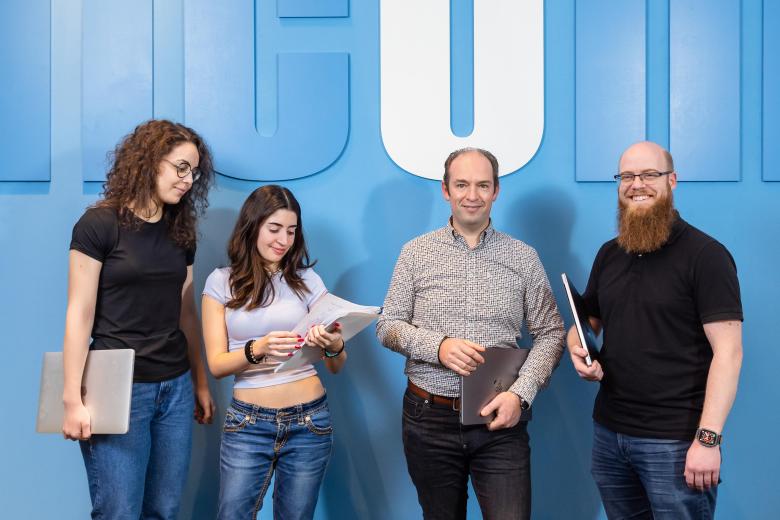Textile from biobased material via BioTex Fieldlab soon to be available
MODINT, AMIBM and CHILL have pulled together to set up an open innovation center for research into the development of fibers and yarns from biopolymers. The center will develop new textile production processes and –applications for this.
The South of the Netherlands has both a unique presence of commerce and research in the field of biobased materials and the production of textiles. Both commerce and research institutes in the South of the Netherlands have the ambition to be frontrunners in the use of biobased materials in textile applications.
To propel these ambitions forward, it is imperative that the textile industry gains access to high quality fibers and yarns based on biopolymers.
BioTex Fieldlab
Within the BioTex Fieldlab project, many companies, united within MODINT, AMIBM and CHILL, work together towards an open innovation center, where research is conducted towards the development of fibers and yarns from biopolymers. This fieldlab (a testing ground) is also aimed at the development of new textile production processes and -applications.
MODINT is an industry association of 600 textile companies. The Aachen-Maastricht Institute for Biobased Materiasl (AMIBM) is a research institute of Maastricht University and the RWTH Aachen. Chemelot Innovation and Learning Labs (CHILL) is the Center of Expertise in the field of chemistry.
AMIBM and CHILL are located on the Brightlands Chemelot Campus in Sittard-Geleen.
The partners of the BioTex Fieldlab work in close collaboration with two industrial producers of biopolymers; Avantium and Corbion and with SME’s from the textile industry, sofar being; Star Sock, Desso, Bonar, Van Puijenbroek, Edel Group, Rinos, Auping and Best Wool Carpets. The participating companies originate from various parts of the country and have their own production and R&D department in the Netherlands and see market opportunities for biobased products.
Innovative textile products
The goal of the project BioTex Fieldlab is co-create the development of new textile products, based on innovative fibers from biobased polymers. Besides Avantiums biopolymers PEF and Corbion’s PLA, the testing ground will focus on a wide range of other biopolymers for the development of textile applications such as bioPET, bioPA, PT, PBS, PHA or completely new developments. The fieldlab is also open to research assignments from companies outside of the initial consortium.
Realizing a Technological advantage
The most important result of the project is creating a sustainable functioning fieldlab, existing of an approachable laboratory and researchers, where SME’s and large companies in the Netherlands can make use of the facilities and expertise and where they can collaborate on new sustainable innovations of biopolymers in the textile industry.
The BioTex Fieldlab will be set up over the course of four years with the help of an OP-Zuid subsidy of € 760,000. OP-Zuid, the Operational Program for the South of the Netherlands, is a European subsidy program for the South of the Netherlands. The total project budget is € 2,25 million.
“Dutch businesses will gain a technological advantage.The marketing of innovative and sustainable biobased textile products is expected to lead to an increase in revenue and employment opportunities for participating companies.”
- Wouter Hankel
Liaison Officer at Maastricht University
OP-Zuid
The Operational Program for the South of the Netherlands (OP-Zuid) is a collaborative subsidy program of the provinces Zeeland, Noord-Brabant and Limburg, together with the cities Breda, Tilburg, ‘s-Hertogenbosch, Eindhoven, Helmond, Venlo, Sittard-Geleen, Heerlen and Maastricht. It is an economic incentive program that is financed to the degree of almost € 186 million by the European Fund for Regional Development (EFRO) and € 46 million by the government.
OP-Zuid’s main goal is to improve the competitive power, a sustainable economic growth and an improvement of employment opportunities in the south of the Netherlands.
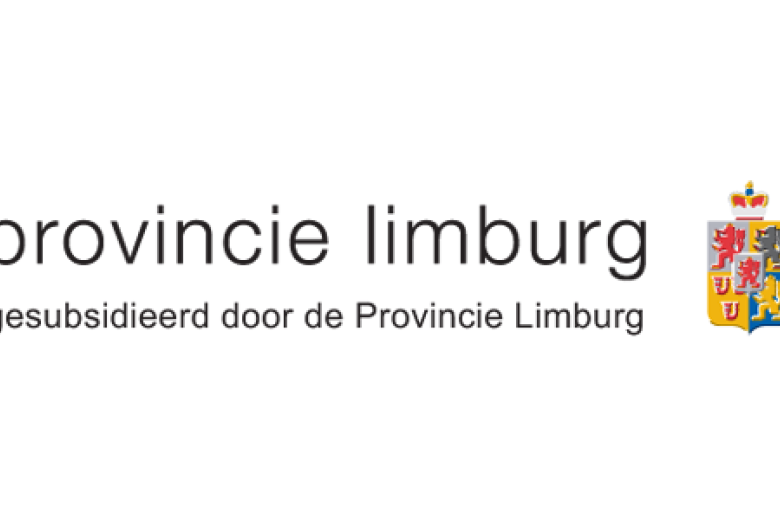
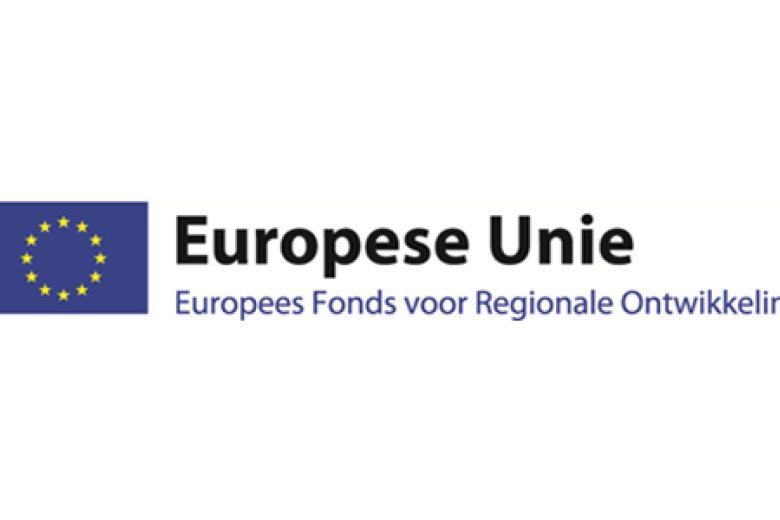
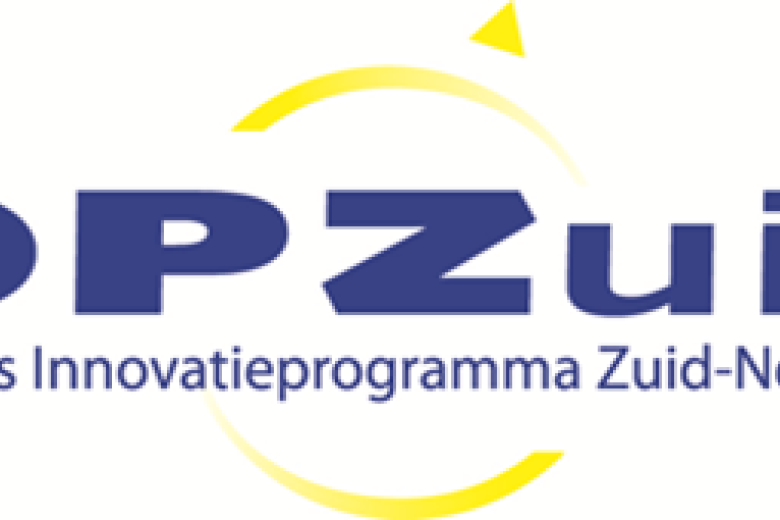
Also read
-
Ron Heeren appointed fellow of the Netherlands Academy of Engineering
Professor Ron Heeren, distinguished university professor at Maastricht University (UM) and director of the Maastricht MultiModal Molecular Imaging Institute (M4i), was appointed as a fellow of the Netherlands Academy of Engineering (NAE) on Thursday 11 December.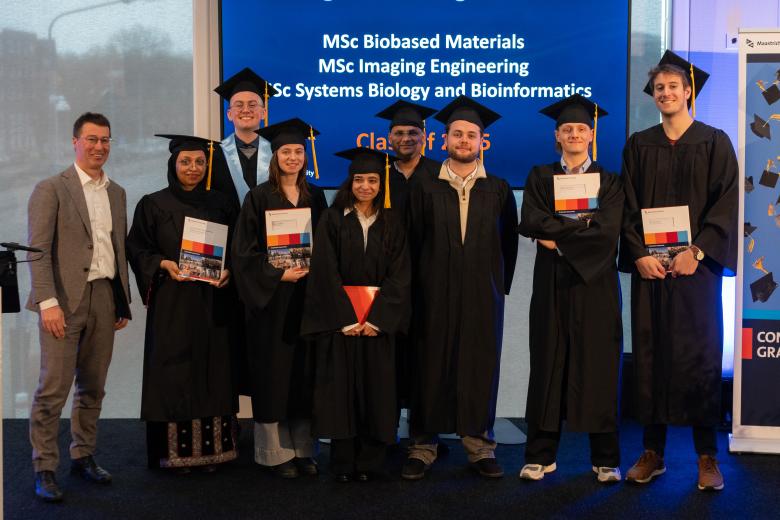
-
UM builds open education and digital literacy into BKO/UTQ
Maastricht University is taking a practical step to support early-career teachers: open education and digital literacy will be built more firmly into the BKO/UTQ.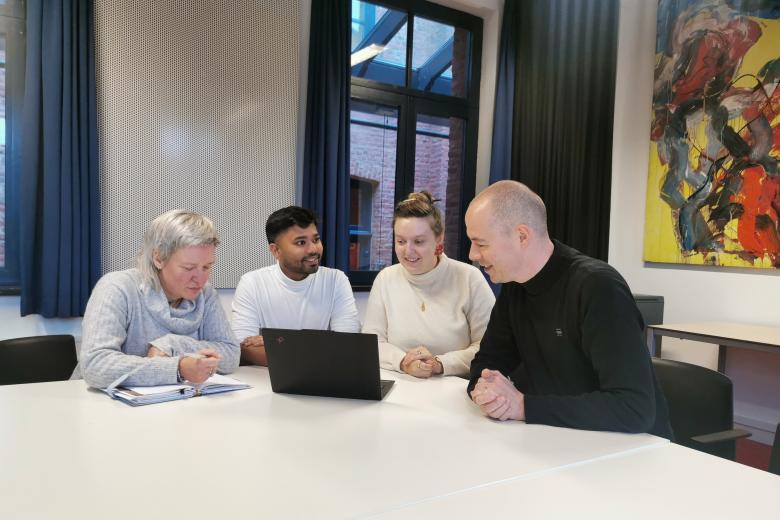
-
Companies unlock Maastricht University’s hidden talent
@Work students serve as a bridge between academia and industry, helping companies recognise the university’s strengths. “We’re a hidden gem that’s gradually being discovered, as more and more people learn that we are one of the largest academic data science and AI programmes in the Netherlands